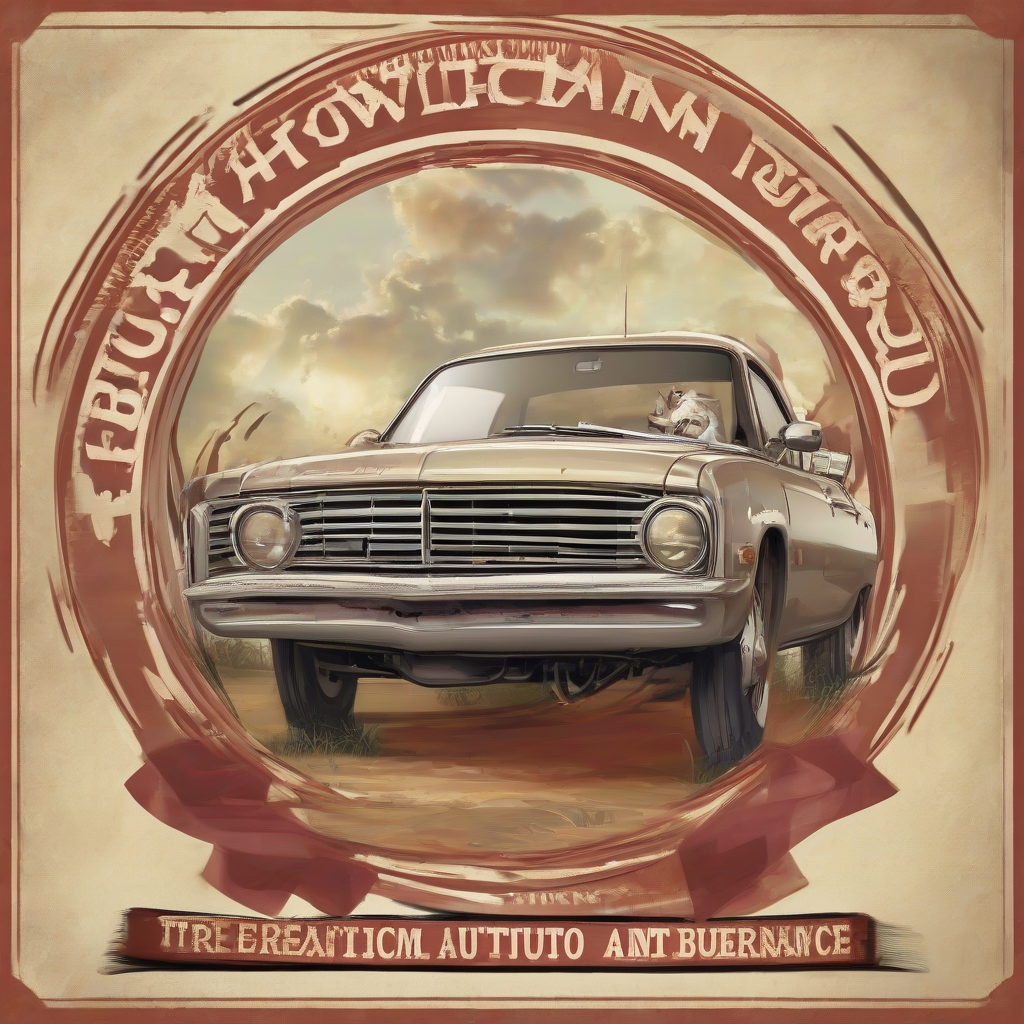Farm Bureau Auto Insurance: A Comprehensive Guide to Coverage, Costs, and Customer Experience
Farm Bureau insurance, a mutual company, offers auto insurance in many states across the US. Understanding its offerings, pricing structure, and customer service is crucial before making a decision. This guide dives deep into Farm Bureau auto insurance, providing an in-depth look at its features, benefits, and potential drawbacks.
Coverage Options
Farm Bureau provides a standard suite of auto insurance coverages, but the specifics and availability can vary by state. Generally, you can expect:
- Liability Coverage: This covers bodily injury and property damage you cause to others in an accident. It’s usually expressed as a three-number limit (e.g., 100/300/100), representing bodily injury per person, bodily injury per accident, and property damage per accident.
- Collision Coverage: Pays for damage to your vehicle caused by a collision, regardless of fault. This is optional coverage.
- Comprehensive Coverage: Covers damage to your car from non-collision events such as theft, vandalism, fire, or weather damage. This is also optional.
- Uninsured/Underinsured Motorist Coverage: Protects you if you’re hit by an uninsured or underinsured driver. This coverage is vital because it can cover your medical bills and vehicle repair costs.
- Medical Payments Coverage (Med-Pay): Covers medical expenses for you and your passengers, regardless of fault. It’s often a supplemental coverage option.
- Personal Injury Protection (PIP): Similar to Med-Pay, but often includes more extensive coverage, such as lost wages and other related expenses. Availability varies by state.
- Rental Reimbursement: Helps cover the cost of a rental car while your vehicle is being repaired after an accident.
- Roadside Assistance: Provides services like towing, flat tire changes, and lockout assistance.
Factors Affecting Cost
Several factors influence the cost of Farm Bureau auto insurance premiums:
- Driving Record: Accidents and traffic violations significantly increase premiums. A clean driving record will result in lower rates.
- Age and Gender: Younger drivers, particularly males, often face higher rates due to statistically higher accident risks.
- Vehicle Type: The make, model, and year of your vehicle affect insurance costs. Expensive, high-performance cars typically have higher premiums.
- Location: Your address influences rates due to variations in accident frequency and crime rates in different areas.
- Coverage Levels: Higher coverage limits generally result in higher premiums. You need to balance adequate protection with affordability.
- Deductibles: Choosing a higher deductible lowers your premium, but you pay more out-of-pocket in case of a claim.
- Discounts: Farm Bureau may offer various discounts, such as good student discounts, multi-policy discounts (bundling auto and home insurance), and safe driver discounts. Check their website or contact an agent for available discounts.
Obtaining a Quote
Getting a quote from Farm Bureau is typically done through one of these methods:
- Online: Their website usually provides a quote tool where you can input your information and receive an instant estimate. This is a convenient way to compare rates.
- Phone: Calling a Farm Bureau agent allows for personalized service and answers to your questions. This approach can be beneficial if you need assistance understanding the coverage options.
- In-Person: Visiting a local Farm Bureau office enables face-to-face interaction with an agent. This can be helpful for complex situations or detailed policy discussions.
Customer Service and Claims Process
Customer service and the claims process are critical aspects to consider. Researching online reviews and testimonials can provide insights into others’ experiences. Look for information on:
- Ease of Contact: How easily can you reach customer service representatives? Are multiple contact methods available (phone, email, online chat)?
- Responsiveness: How quickly do they respond to inquiries and resolve issues?
- Claims Handling: How straightforward is the claims process? Are there online tools to manage claims? How quickly are claims processed and settled?
- Customer Satisfaction: Check independent rating agencies and review sites to get a sense of overall customer satisfaction.
Comparison with Competitors
Before making a decision, it’s essential to compare Farm Bureau’s rates and coverage with other auto insurance providers in your area. Consider factors such as:
- Price: Compare premium quotes from several insurers to find the most competitive rates.
- Coverage Options: Ensure the coverage offered meets your specific needs and risk tolerance.
- Customer Service: Consider the reputation and responsiveness of different insurers’ customer service departments.
- Financial Stability: Check the insurer’s financial ratings to ensure its long-term stability and ability to pay claims.
Pros and Cons of Farm Bureau Auto Insurance
Like any insurance provider, Farm Bureau has its advantages and disadvantages:
Pros:
- Local Focus: Many Farm Bureaus operate on a local or regional level, potentially offering more personalized service.
- Potential Discounts: A variety of discounts can make their policies more affordable.
- Established Reputation: Farm Bureau has a long history in many communities, offering a degree of trust and stability.
- Bundling Options: Bundling auto insurance with other types of insurance (like home or life insurance) may lead to additional savings.
Cons:
- Availability: Farm Bureau’s availability varies by state. It may not be an option in all areas.
- Price Variability: Premiums can vary significantly based on individual factors, potentially leading to higher costs for some drivers compared to competitors.
- Limited Online Tools: Compared to some national insurers, Farm Bureau’s online tools and resources may be less comprehensive.
- Customer Service Variability: The quality of customer service can vary by location and agent.
Conclusion (omitted as per instructions)
